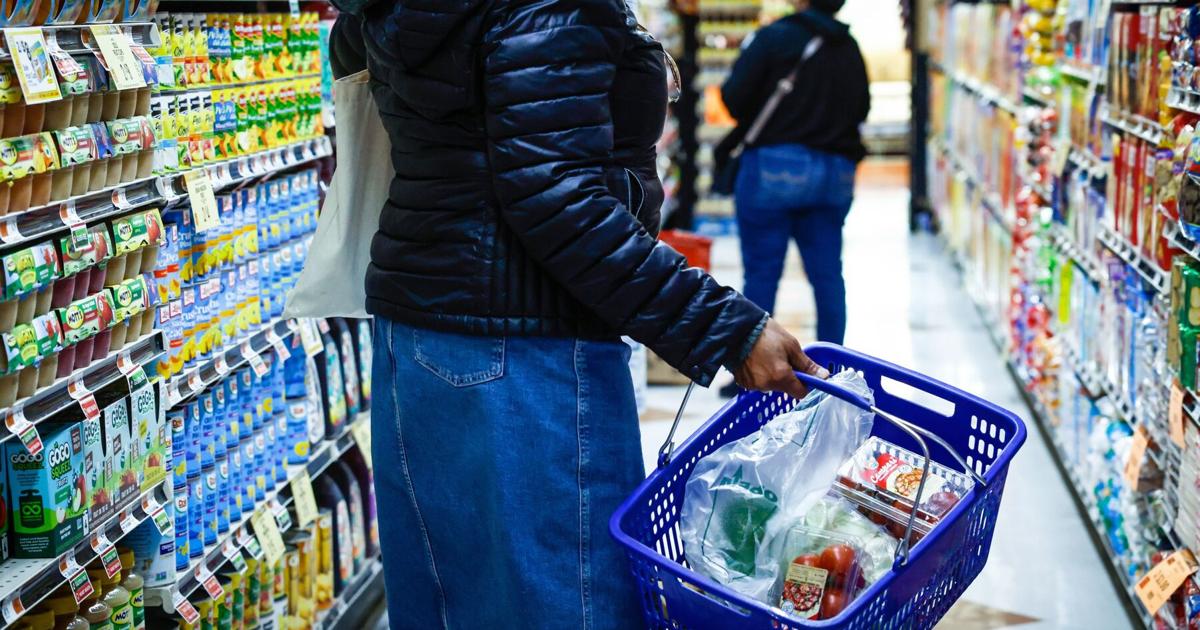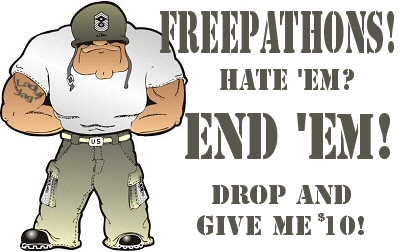**USDA Orders States to Halt Full Food Stamp Benefits Amid Legal Turmoil**
The US Department of Agriculture (USDA) has ordered states to stop issuing full food stamp (SNAP) benefits for November and to “immediately undo” any disbursement of full allotments. This follows a Supreme Court decision on Friday, in which Justice Ketanji Brown Jackson temporarily paused a lower court order requiring the agency to pay Americans their full assistance.
**Partial Benefits Ordered, States Warned Against Full Issuance**
In a directive obtained by CNN on Saturday, the USDA instructed states to move forward with partial benefits, providing recipients with 65% of their November allotments, as originally mandated by a federal judge earlier in the week.
“To the extent States sent full SNAP payment files for November 2025, this was unauthorized,” USDA official Patrick Penn wrote in the memo. “Accordingly, States must immediately undo any steps taken to issue full SNAP benefits for November 2025.”
States that fail to comply may face suspension of federal cost-sharing for the Supplemental Nutrition Assistance Program (SNAP) and could be held financially responsible for any overpayment, the agency memo said.
**Millions in Limbo as Legal Dispute Continues**
This latest directive adds confusion for the roughly 1 in 8 Americans who depend on SNAP, the nation’s largest anti-hunger program. Over the past week, the USDA has issued multiple guidance memos as lawsuits over its decision not to use a contingency fund for November benefits move through the courts.
Previously, the department said it was working to fully fund food stamp benefits for November to comply with the lower court order and anticipated completion by Friday. Several states responded quickly, announcing that full payments would soon be issued. However, the Supreme Court’s subsequent intervention has thrown plans into disarray.
**State Officials Respond with Frustration**
Pennsylvania Governor Josh Shapiro announced on Friday that residents who had been awaiting their SNAP benefits would begin receiving full payments. By Saturday, a spokesperson clarified that while those who received their benefits could use them, the state had paused issuing full allocations to additional recipients.
Maryland Governor Wes Moore expressed frustration over the inconsistent federal guidance, stating on CBS’s “Face the Nation,” “There’s no clarity at all … the administration is causing intentional chaos.” He added, “We’ve now received guidance saying the states are going to be punished for fronting the money.”
**Legal Battles Over Food Assistance**
Justice Ketanji Brown Jackson’s Friday ruling put a temporary halt to a lower court order requiring the USDA to transfer $4 billion to SNAP, siding with the administration while the legal battle continues into what has become a defining confrontation of the ongoing government shutdown.
Previously, US District Judge John McConnell in Rhode Island had directed the USDA to make full payments, reversing an earlier order requiring the agency to use its $5.3 billion contingency fund for at least partial benefits. His revised ruling would have required using tariff revenue intended for child nutrition programs to cover full SNAP benefits for November.
The SNAP program has been mired in legal uncertainty since officials announced last month that November’s benefits might not be paid due to a lapse in federal appropriations. This prompted lawsuits and competing court decisions on whether partial or full benefits should be issued.
**Some States Move Forward, Face Penalties**
Wisconsin requested 100% of its residents’ benefits be placed on their EBT cards, according to a Department of Justice filing—only to have that request denied as the USDA was still working to comply with the court order. The state overdrew its letter of credit by $20 million in the process.
Kansas issued approximately $32 million in full benefits to 86,000 households, but the USDA’s shifting guidance could mean states that issued full payments are unable to receive new funding for partial allotments under the previous order.
Kansas Governor Laura Kelly stated, “In accordance with a court’s order and after receiving guidance from the USDA, Kansas sent full November SNAP benefits to all eligible Kansans. These Kansans, most of them children, seniors or people with disabilities, were struggling to put food on their plates.”
North Carolina, which issued partial benefits to over 586,000 households on Friday, paused further issuance of full benefits after the Supreme Court’s intervention. Governor Josh Stein called for swift action from the courts and “some humanity from the Trump administration” to ensure families can access the support they need.
Massachusetts Governor Maura Healey advised residents to continue spending benefits already provided on their EBT cards, noting the funds were distributed in compliance with the USDA’s Friday guidance before the Supreme Court’s pause. “If President Trump wants to penalize states for preventing Americans from going hungry, we will see him in court,” Healey said, vowing continued efforts to secure full benefits for all who are owed assistance.
**Conclusion**
The SNAP benefits battle leaves millions uncertain about their food security. With shifting court orders and administrative directives, the situation remains fluid. Advocates and state officials are urging a speedy resolution to ensure support reaches those in need during this period of legal and political turmoil.
https://www.phillytrib.com/news/usda-orders-states-to-stop-issuing-full-snap-benefits-and-to-undo-benefits-sent-for/article_6000c7a3-12cd-4c2c-8e73-ebe5a8a8f674.html


